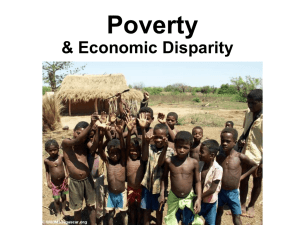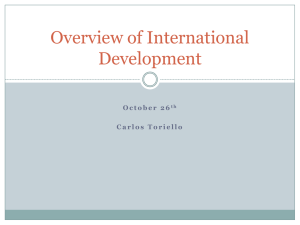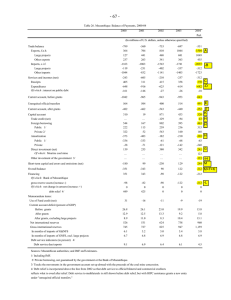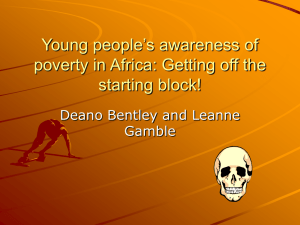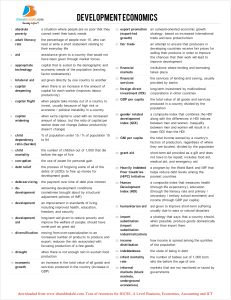Measuring Development
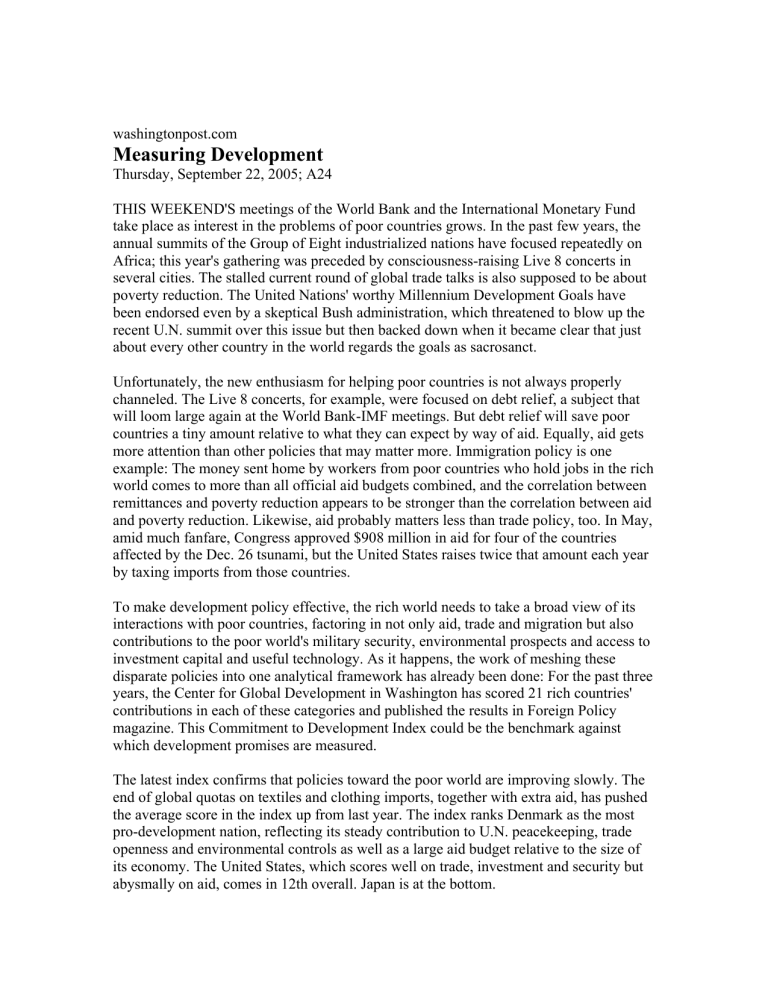
washingtonpost.com
Measuring Development
Thursday, September 22, 2005; A24
THIS WEEKEND'S meetings of the World Bank and the International Monetary Fund take place as interest in the problems of poor countries grows. In the past few years, the annual summits of the Group of Eight industrialized nations have focused repeatedly on
Africa; this year's gathering was preceded by consciousness-raising Live 8 concerts in several cities. The stalled current round of global trade talks is also supposed to be about poverty reduction. The United Nations' worthy Millennium Development Goals have been endorsed even by a skeptical Bush administration, which threatened to blow up the recent U.N. summit over this issue but then backed down when it became clear that just about every other country in the world regards the goals as sacrosanct.
Unfortunately, the new enthusiasm for helping poor countries is not always properly channeled. The Live 8 concerts, for example, were focused on debt relief, a subject that will loom large again at the World Bank-IMF meetings. But debt relief will save poor countries a tiny amount relative to what they can expect by way of aid. Equally, aid gets more attention than other policies that may matter more. Immigration policy is one example: The money sent home by workers from poor countries who hold jobs in the rich world comes to more than all official aid budgets combined, and the correlation between remittances and poverty reduction appears to be stronger than the correlation between aid and poverty reduction. Likewise, aid probably matters less than trade policy, too. In May, amid much fanfare, Congress approved $908 million in aid for four of the countries affected by the Dec. 26 tsunami, but the United States raises twice that amount each year by taxing imports from those countries.
To make development policy effective, the rich world needs to take a broad view of its interactions with poor countries, factoring in not only aid, trade and migration but also contributions to the poor world's military security, environmental prospects and access to investment capital and useful technology. As it happens, the work of meshing these disparate policies into one analytical framework has already been done: For the past three years, the Center for Global Development in Washington has scored 21 rich countries' contributions in each of these categories and published the results in Foreign Policy magazine. This Commitment to Development Index could be the benchmark against which development promises are measured.
The latest index confirms that policies toward the poor world are improving slowly. The end of global quotas on textiles and clothing imports, together with extra aid, has pushed the average score in the index up from last year. The index ranks Denmark as the most pro-development nation, reflecting its steady contribution to U.N. peacekeeping, trade openness and environmental controls as well as a large aid budget relative to the size of its economy. The United States, which scores well on trade, investment and security but abysmally on aid, comes in 12th overall. Japan is at the bottom.
No ranking of this sort can escape criticism. The index penalizes countries that export arms to undemocratic governments -- meaning all countries with large arms industries.
This may sound fair, but military spending by poor governments faced with anarchic insurgents may sometimes be considered pro-development. Likewise, the index credits rich countries that put public money into research that could hasten development, but it does not reward privately funded research -- an omission that depresses the U.S. ranking.
But the index's great strength is that it defines commitment to development in a broad way. Arguments over debt relief have their place, but they should not be mistaken for a policy.
